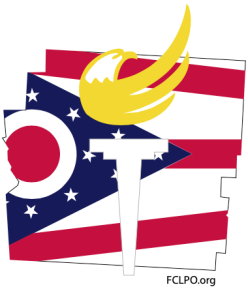Funding for schools is guaranteed through taxes, which people must pay whether or not they are satisfied with the education system. These taxes are enforced by laws, and refusing to pay can lead to fines or imprisonment. This system forces people to support public schools even if they believe those schools are failing.
Accountability in public education is nearly impossible. Schools do not rely on satisfying parents or students to stay funded. Instead, they are run by government bureaucracies that make decisions far removed from the needs of individual families. Parents cannot withhold their tax dollars to protest poor performance, and most families cannot afford private school tuition after paying taxes to fund public schools. This leaves them trapped in a system that does not have to compete for their support.
Public schools operate as a monopoly. There are no consequences for poor performance because families have few alternatives. Unlike businesses in a free market, schools do not have to compete to attract customers. If a business offers bad service or products, people can stop buying them. Public education does not allow this option, so schools have no reason to improve.
The system rewards inefficiency. Bureaucracies grow, teachers’ unions protect underperforming staff, and students suffer the consequences. Innovation and improvement are rare because there is no pressure to do better. The guaranteed funding and lack of competition create a stagnant system that prioritizes its own survival over quality education.
This structure fails students and families. Without competition, schools do not have to prove their value. The result is a system that costs taxpayers billions while delivering mediocre results. Families cannot escape it, and the government has no reason to fix it.
